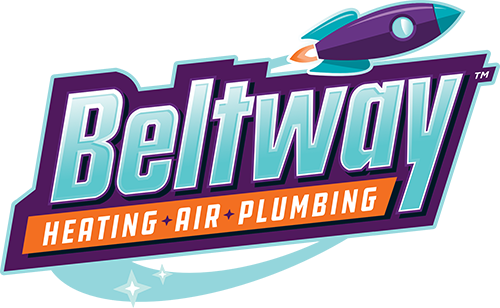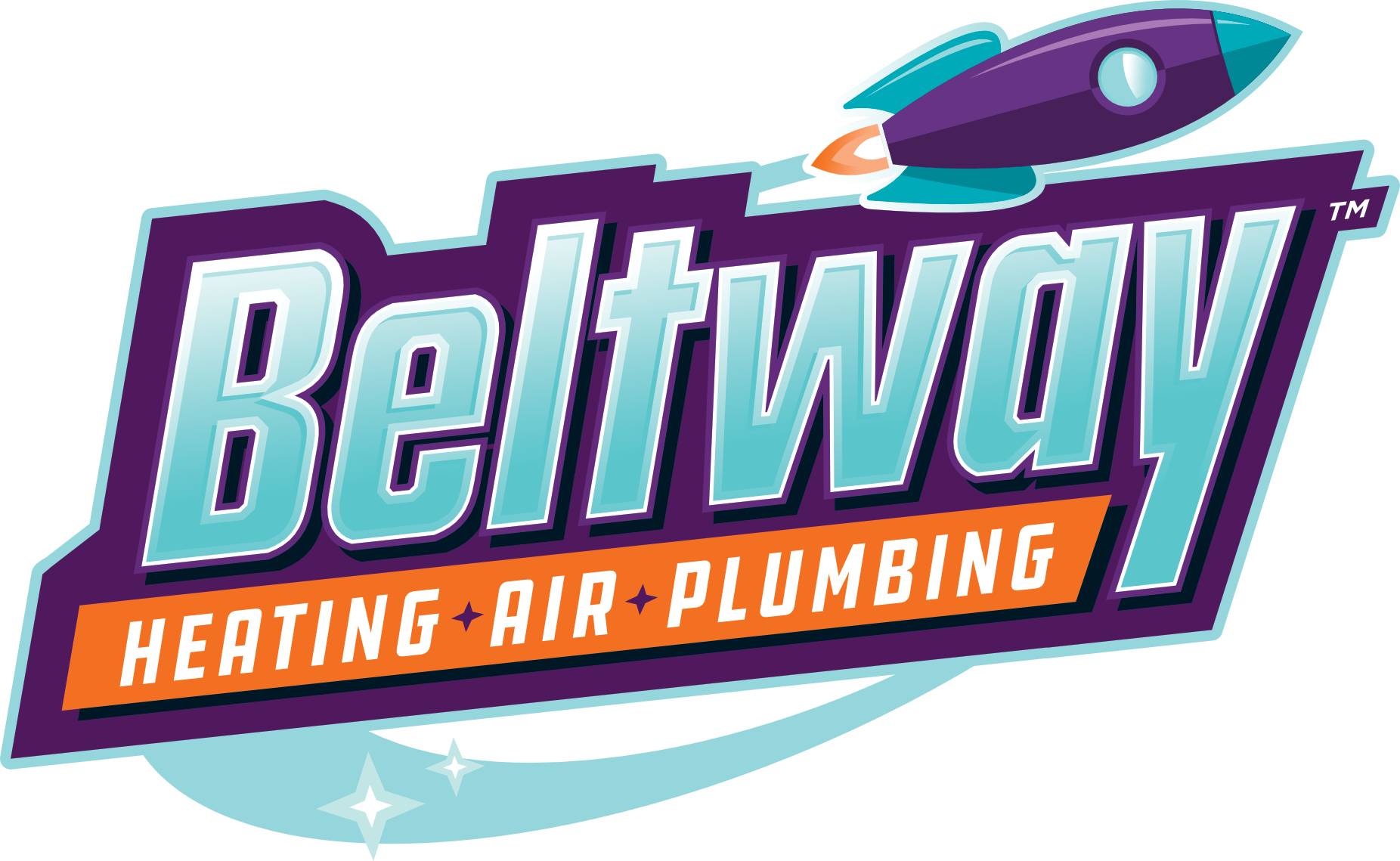For most homeowners, the HVAC system is a major investment in the property. Although you must expect the system to eventually require replacement, you want to get as many years of service as possible. Fortunately, several things can make a notable difference in the service life of your HVAC system. Even better, many ways to help a system involve small tasks and routine maintenance. Follow these eight tips to give your HVAC a longer lease on life.
1. Regularly Change the System’s Filters
Airflow is your HVAC’s best friend. Ample airflow keeps fans from becoming strained. It also provides more oxygen, benefiting any system that uses burners for heating. Keeping dust and debris out of the system also reduces the risk of junk building up in moving parts and damaging them. With everything running better, you can also expect the system’s running times to be lower. Consequently, you can expect the system to suffer less wear and tear.
Performing a filter replacement is also an excellent opportunity to check in on your HVAC system. If you see that the filters are accumulating less or more particulate matter than expected, this may tip you off to something potentially failing. You will also get a sense of how often they need to be replaced. Depending on your household and the surrounding environment, filter replacements may be necessary once per month to every three months.
Many homeowners elect to handle air filter replacements themselves. However, you should at least have one of our technicians show you where everything is so you don’t miss any filters. Likewise, be sure to ask about the grade needed for the filter. Some systems do not support higher MERV-rated filters, and using them can strain the HVAC. Running the right filters in the HVAC is just as important as regularly replacing them.
2. Annual Professional Checkups
Even if the HVAC system in your house appears to be operating perfectly fine, an annual checkup by a professional is a good idea. We send technicians to check a wide range of HVAC features. Our technicians can look at moving parts and ensure they’re properly lubricated. We can also test relays and the thermostat to verify that all the signals are ending where they need to be. Flow-rate testing from the vents also provides early clues about potential failures. The same goes for testing how well refrigerant levels are holding up.
Visual inspection is also helpful. Looking for little issues like corrosion, burned surfaces, discoloration, and frayed wires can indicate that something bigger might be happening.
3. Keep Humidity Levels Down
Humid air is harder to heat and cool. The extra moisture in the air can strain the HVAC system. Consequently, you want to be sure that your HVAC is cooling and heating dry air. This doesn’t mean you want the house to be bone-dry, though. For comfort, you shouldn’t have the humidity level dip below 30%. At the same time, it is wise to keep the humidity below 50% for efficiency and to deter mold growth.
Depending on how well your HVAC controls humidity, you may consider adding a whole-house humidifier or dehumidifier. It may end up being both, especially in a climate like we have in Maryland. A humidifier can keep levels comfortable during dry winter months, and a dehumidifier could be necessary during steamy summer months. On the upside, you can typically retrofit humidity-controlling systems into an existing HVAC.
4. Check Vents To See if They Are Open or Closed
Keeping vents as wide open as possible reduces airflow constrictions and improves HVAC efficiency. Conversely, closing vents completely prevents inefficient airflow into unused rooms. Both cases matter.
An annual check is a good idea when it comes to keeping vents open. This makes sure the vents haven’t started closing due to gravity pulling them shut. The reverse can also happen, with gravity pulling vents open in rooms where you don’t want airflow. A quick walkthrough of your house could save you significantly by making sure all the vents are at your preferred level of openness. This is a great time to check temperature accuracy using a temperature gun on the vents to see if the temperature matches the thermostat display.
5. Seal Leaking Ductwork
Air wants to escape your home’s HVAC system and will do so at the first available outlet. If the ductwork in your house is leaky, the air could escape to undesired locations. Mainly, you want to be sure there isn’t leakage in the basement or the attic. Air that escapes is the air that needs to be heated and cooled longer to achieve the same results. For example, your house might lose 10% of its air to HVAC leaks. That forces the HVAC system to run longer to compensate for lost efficiency. This ultimately shortens the system’s service life through additional wear and tear.
6. Protect Outdoor HVAC Components
The air conditioning components in your HVAC system tend to have significant outdoor exposure. Condenser coils are the main potential problem. Even something as simple as having a tree near the outdoor unit can lead to junk collecting in the coils. Cleaning helps, but the best solution is not to have anything near the system. Cutting down a nearby tree or bush can protect the coils from debris buildup.
You should also protect outdoor components from other risks. Many people have small fences around the components to prevent objects or people from accidentally getting near them.
7. Consider a Programmable Thermostat
Better temperature control leads to better efficiency. By extension, more efficient operation leads to less wear and tear. A programmable thermostat is the best way to accomplish better control.
Programmability also helps by reducing unnecessary run times. Suppose no one is home during a typical weekday. Why let heating or cooling equipment run more than is necessary? Programming the thermostat to tolerate lower temperatures on cold days and higher ones on hot days will lead to fewer cycles. Over the system’s lifetime, this can save the equivalent of months or even years of use.
A bonus is that you can program the system to bring the temperature back to an average level before you get home. Ideally, you won’t even know that the system is running less until you see the reduction in your home’s energy bills.
8. Handle Problems Promptly
No one likes the cost of an HVAC repair job. However, letting failing components remain as is to save money now will cost you down the road. If you notice a problem like short cycling, an unusual smell, or uneven heat and cooling, tell us about it.
Beltway Air Conditioning, Heating & Plumbing is a business serving Hanover, MD. We can assist you if you need a licensed technician to handle HVAC work. Our team works on oil-to-gas conversions, heat pumps, and more. We tackle installation, repair, upgrade, and AC maintenance projects.
If you have questions about your HVAC’s longevity, contact Beltway Air Conditioning, Heating & Plumbing today. Our HVAC maintenance club is tailored to your specific needs!




